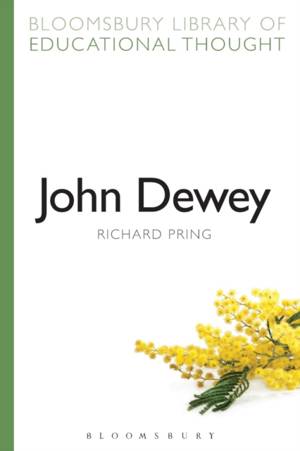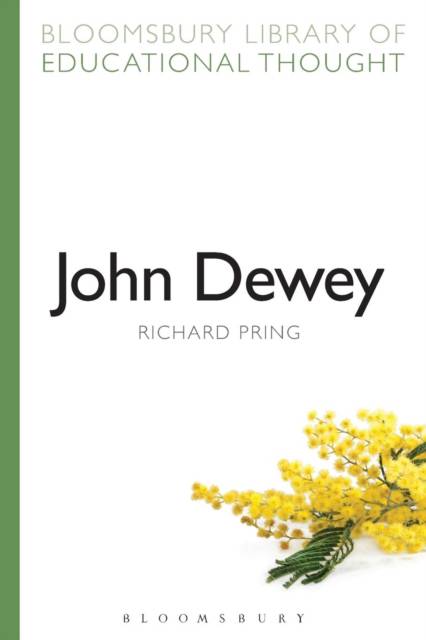
- Retrait gratuit dans votre magasin Club
- 7.000.000 titres dans notre catalogue
- Payer en toute sécurité
- Toujours un magasin près de chez vous
- Retrait gratuit dans votre magasin Club
- 7.000.0000 titres dans notre catalogue
- Payer en toute sécurité
- Toujours un magasin près de chez vous
Description
Bertrand Russell's History of Philosophy refers to Dewey as 'generally admitted to be the leading living philosopher of America'. This honourable mention lay partly in his pragmatic theory of meaning, through which so many baffling philosophical problems were claimed to have been solved - as well as educational ones. It is in connection with his educational ideas, however, that Dewey became either famous or infamous. In the United States he had been seen both as saviour of American education by those who welcomed a more child-centred curriculum, and yet as 'worse than Hitler' by those who saw his ideas as undermining traditional education - an accusation shared by his detractors in Britain. This account seeks to bring together Dewey's educational thinking and its frequently forgotten foundations in a pragmatic theory of meaning. In so doing, the book seeks to show that John Dewey is 'a philosopher of education for our time'.
Spécifications
Parties prenantes
- Auteur(s) :
- Editeur:
Contenu
- Nombre de pages :
- 208
- Langue:
- Anglais
- Collection :
Caractéristiques
- EAN:
- 9781472518774
- Date de parution :
- 01-12-14
- Format:
- Livre broché
- Format numérique:
- Trade paperback (VS)
- Dimensions :
- 155 mm x 229 mm
- Poids :
- 294 g

Les avis
Nous publions uniquement les avis qui respectent les conditions requises. Consultez nos conditions pour les avis.






